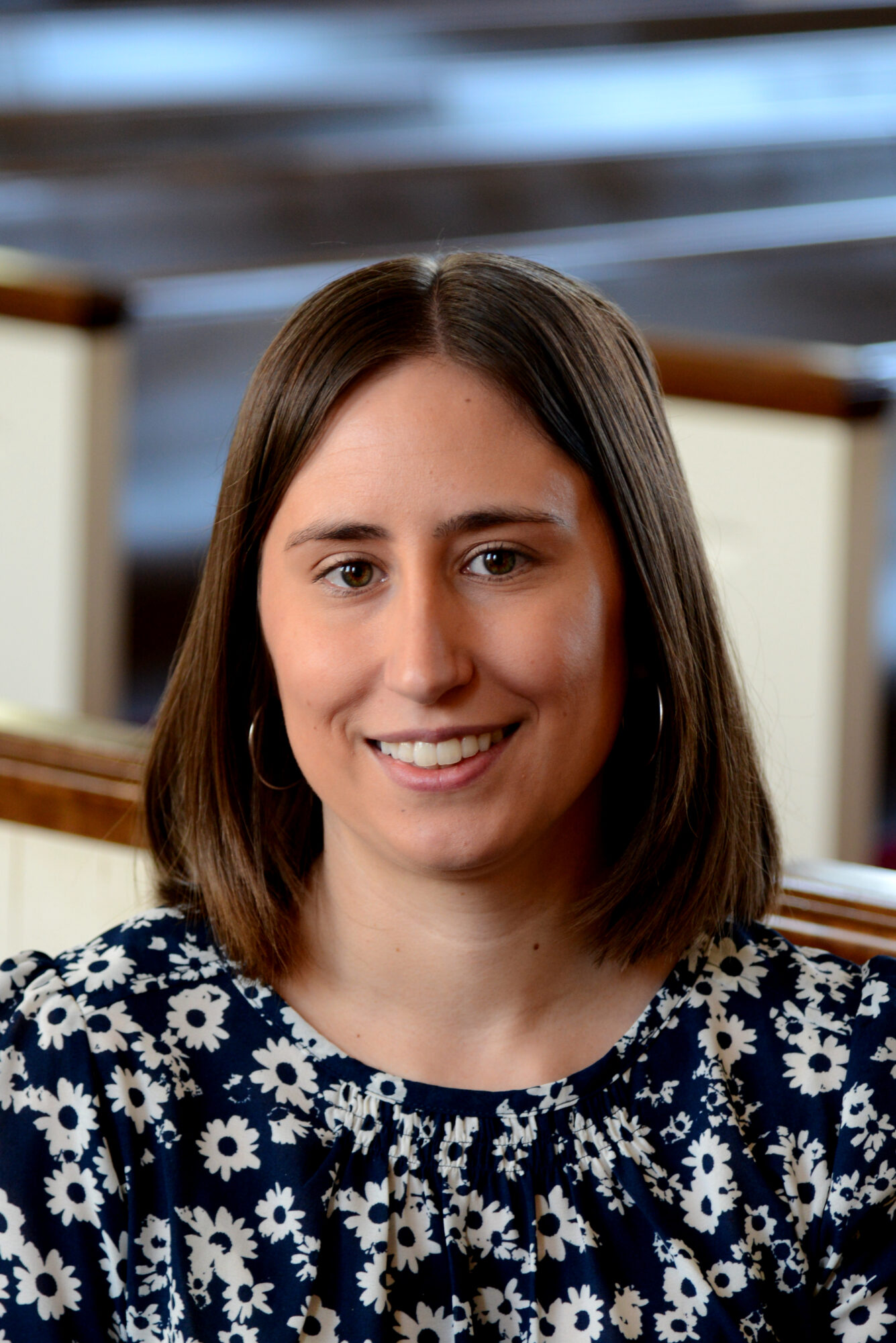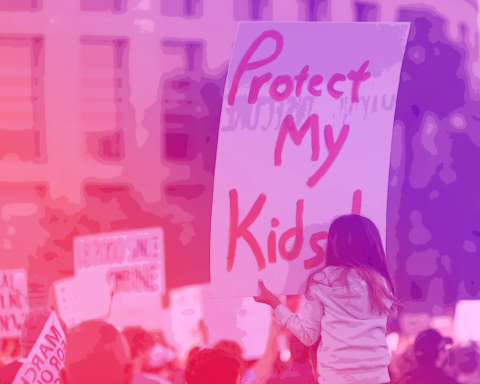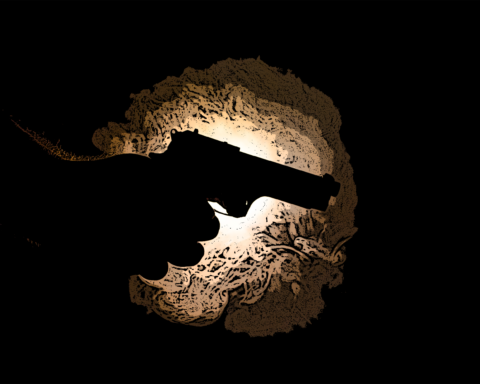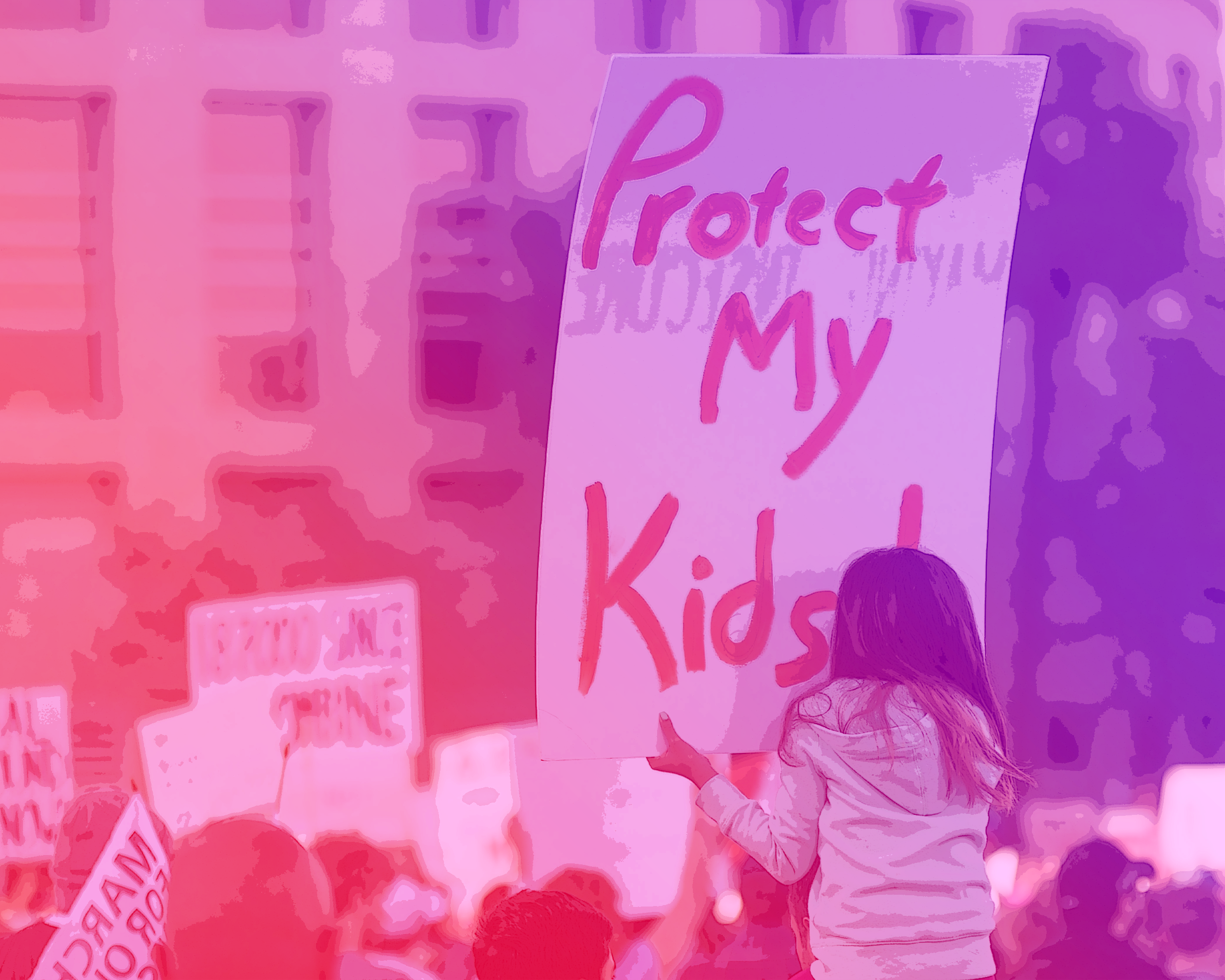I remember vividly the first time my school went on lockdown. I was nine years old and in my fourth-grade science class. My class was playing a bingo review game when my teacher got a phone call and quickly started taping paper over our classroom windows. I knew something was wrong instantly, and I tried to pack away my things, but my teacher told me to keep playing the game. Meanwhile, the school’s doorbell kept ringing. The student beside me leaned over to whisper, “we have to be good because that’s the bad guy trying to get in.”
Later, I learned that my school had gone into lockdown because, just a mile away, thirty-three Virginia Tech students and employees were killed using two semi-automatic pistols. That was the first time I experienced a lockdown, but it certainly was not my last. I have never been in a situation with an active shooter in the same building as me, but I have felt the toll, as a student and later as an intern in the schools, of lockdowns and lockdown drills.
Of course, my experience is not unique. Incidents of gun violence in our schools have continued to increase. Guns remain easily accessible, and our children pay the price. Last Monday’s school shooting at the Covenant School in Nashville, TN is a stark reminder that we live with a gun violence epidemic.
Incidents of gun violence in our schools have continued to increase. Guns remain easily accessible, and our children pay the price.
Every time a school shooting reaches the national news, there is a period of lament and calls for action. I see an uptick in churches posting on Facebook and changing their marquee boards to address gun violence and soliciting prayers. While some progress has been made in passing gun safety legislation, our attention shifts as quickly as the news cycle, and dramatic, life-saving change eludes us on the state and federal levels. According to the Centers for Disease Control and Prevention, since 2019, there has been a 30% increase in firearm deaths among children causing firearms to be the leading cause of death in children ages 1 to 19. Our children are dying, and somehow, we have allowed gun violence to become so normalized that, while saddened, we are no longer shocked to hear of another school shooting.
In 2021, the Pew Research Center reported that nearly half of Americans (48%) believe that gun violence is a “very big” problem in America, yet 39% of American households report owning a gun. It is not surprising that the more guns Americans own, the more gun violence is experienced. Access to guns kills. The majority of Americans who own guns argue that they need a gun for personal protection. Yet, we know that having a gun in the house, especially an improperly stored one, increases the risk of firearm-related death in that household, especially for children, women experiencing domestic violence, and those living with mental illness.
Our children are dying, and somehow, we have allowed gun violence to become so normalized that, while saddened, we are no longer shocked to hear of another school shooting
The Presbyterian Church (U.S.A.) has long recognized the increasing threat of gun violence. In 2010, the 219th General Assembly unanimously passed Gun Violence, Gospel Values: Mobilizing in Response to God’s Call, a comprehensive policy that called for gun regulations and declared that the Presbyterian Church is “categorically opposed to the poor regulation and easy flow of guns that are manufactured to kill efficiently human beings.” At the most recent General Assembly in 2022, commissioners returned to this policy to update it and reinforce the church’s commitment to eradicating gun violence. The assembly affirmed that each life lost to gun violence “represents to us the crucified Christ,” and therefore, the church must work for change “alongside the victims of our uniquely-American epidemic of gun violence.” The assembly approved a ten-year campaign, the Decade to End Gun Violence (2022-2032), to be lived out at all levels of the church.
As we enter Holy Week and solemnly remember Christ’s passion, I wonder what progress we have made in the Decade to End Gun Violence. How have we- as individuals, churches, and the denominations- seen gun violence through the lens of our suffering Lord and responded with Christ’s love? In the Garden of Gethsemane, Peter strikes a man who has come to arrest Jesus, yet Jesus reprimands Peter saying,“put your sword back into its place; for all who take the sword will perish by the sword” (Matt.26:25). Our faith requires us to resist the narrative that we need more guns and, instead, proclaim our love for our neighbors by advocating for the end of gun violence.
As we enter Holy Week and solemnly remember Christ’s passion, I wonder what progress we have made in the Decade to End Gun Violence.
For the sake of our children, we must be talking about gun violence. Facebook posts and marquee signs are only a first step. We need to say the names of gun violence victims in our individual and corporate prayers. We need to study scripture and develop our theological understanding of how we respond to violence. We need to be prophetically preaching and condemning gun violence as contrary to the Kingdom of God. Ignoring gun violence for the sake of remaining “apolitical” or not offending others is lukewarm faith that blatantly disregards the safety of our children.
To assist churches and other faith communities in having conversations around gun violence, the Presbyterian Peace Fellowship, a Presbyterian-affiliated organization striving for peace through nonviolence, has created a free, downloadable Gun Violence Prevention Congregational Toolkit. This toolkit provides churches and other faith communities with practical ways to engage in discussion and study of gun violence through educational resources, case studies, small group study guides, worship resources, and more. The toolkit equips communities to move from talking to action with a clearer understanding of the epidemic of gun violence and ways to respond faithfully.
Ignoring gun violence for the sake of remaining “apolitical” or not offending others is lukewarm faith that blatantly disregards the safety of our children.
Additionally, the Presbyterian Peace Fellowship also offers action circle cohorts to prepare individuals to have conversations with their community about hosting a Guns to Gardens event. Guns to Gardens events give gun owners the opportunity to have their guns safely dismantled. The remaining pieces are then sent to RAWTools, an organization of blacksmiths, who transform the pieces into garden tools.
In prophesying about the reign of God, Isaiah says, “They shall beat their swords into plowshares, and their spears into pruning hooks: nation shall not lift up sword against nation, neither shall they learn war anymore” (2:4). We are invited to work alongside God in bringing this dream to life. Our communities become safer with each gun dismantled. Our communities become safer with each letter sent to elected officials. Our communities become safer each time we work in solidarity with other community partners already engaged in advocacy work. Our communities become safer when we listen to our children’s stories of being on lockdown and cry out, “no more.”

Rachel Sutphin is the Pastor for Families at First Presbyterian Church in Charlottesville, VA, where she works primarily with children, youth, and their families. Rachel is also a member of the Presbyterian Peace Fellowship’s Activist Council and serves on their Gun Violence Prevention Working Group.






Unbound Social